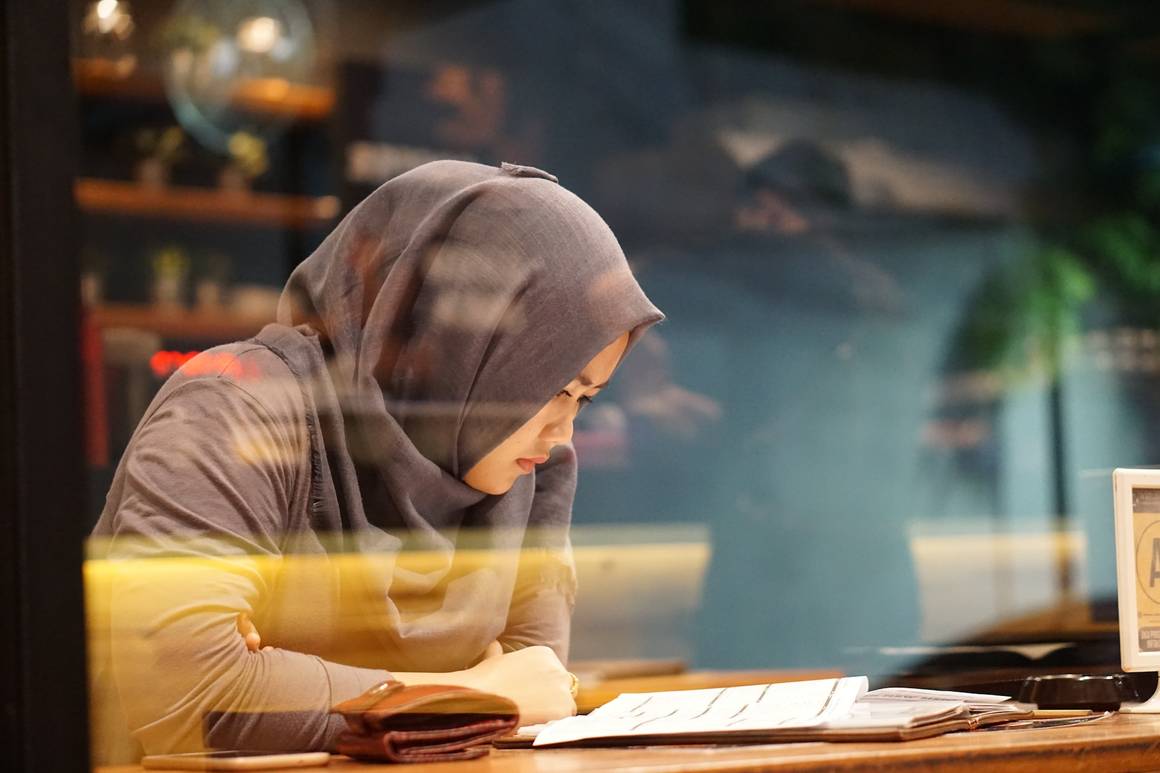Anxiety is a common human emotion that affects many people across the world. It is a feeling of fear, uncertainty, and worry about the future. In Islam, anxiety is viewed as a natural human experience and is acknowledged as a normal part of life. But, Islam also provides its followers with guidance and tools to overcome anxiety and find peace and solace.
Turning to Allah for Peace and Solace
Islam encourages its followers to turn to Allah for peace and solace in times of anxiety. Muslims are taught to put their trust in Allah and rely on His mercy and guidance. This is exemplified in verses from the Quran, such as
Verily, in the remembrance of Allah do hearts find rest.Quran 13:28
By focusing on their relationship with Allah and seeking His guidance, Muslims can find comfort and inner peace, even in the midst of anxiety.
Practicing Patience, Gratitude, and Reliance on Allah
Islam also encourages its followers to practice patience and gratitude in their daily lives. This involves being thankful for what they have, even in difficult times, and having patience in the face of adversity. These practices can help to reduce anxiety and promote peace of mind. Additionally, relying on Allah and trusting in His plan can help alleviate feelings of fear and uncertainty about the future.
Prayer, Mindfulness, and Good Deeds
Prayer is an important aspect of Islamic life and can be a powerful tool in reducing anxiety. Muslims are encouraged to perform mandatory 5 daily prayers and to seek refuge in Allah through supplication and gratitude. Through prayer, Muslims can find comfort, peace, and solace in their faith.
Mindfulness is also an important aspect of Islamic teachings. Muslims are encouraged to be mindful of their thoughts and actions, and to focus on the present moment. By being present and aware of their surroundings, they can reduce anxiety and promote inner peace.
In addition, good deeds and acts of kindness can help to reduce anxiety by providing a sense of purpose and fulfillment. Muslims are encouraged to help others and to be of service to their community, which can help to alleviate feelings of fear and worry about the future.
It is important to seek help and support from friends, family, and the community, in addition to relying on Allah. Muslim communities are often close-knit and supportive, and can provide a sense of comfort and solace for those struggling with anxiety.
Additionally, Islam recognizes that anxiety can also be a manifestation of physical or mental health issues, and encourages its followers to seek medical help if necessary. It is not viewed as a sign of weakness or a lack of faith, but rather as a natural human experience that may require additional support.
Self-care has a huge emphasis in Islam, including taking care of one's physical, mental, and spiritual health. This can involve engaging in activities such as exercise, getting enough sleep, eating a healthy diet, and reducing stress through activities such as meditation or mindfulness.
Overall, Islam provides a holistic approach to addressing anxiety, recognizing its many causes and offering a range of tools and techniques to help its followers overcome it. Whether it's through prayer, mindfulness, good deeds, self-care, or seeking support from the community, Islam provides a rich source of guidance and comfort for those struggling with anxiety.
In hard times, it is important to remember that Allah is always with us, and that He is the Most Merciful and the Most Compassionate. By relying on Allah and following the guidance of Islam, we can find peace and comfort, and overcome even the most difficult of challenges.


